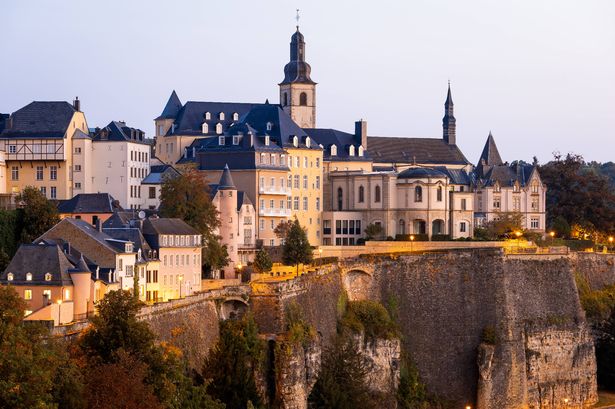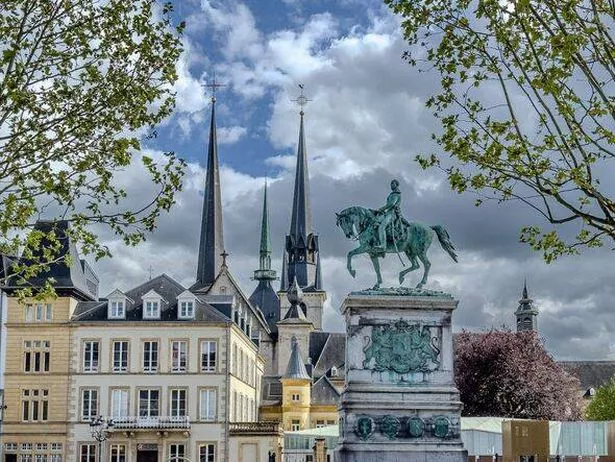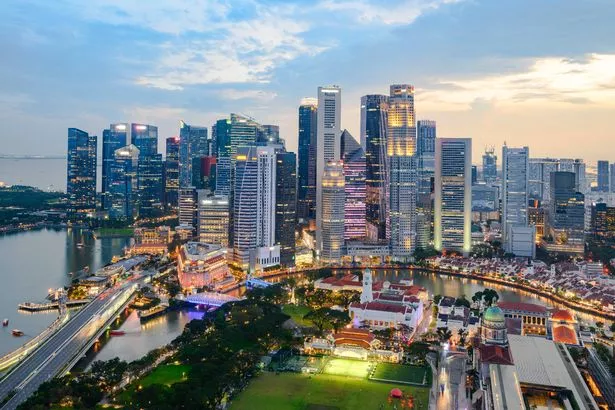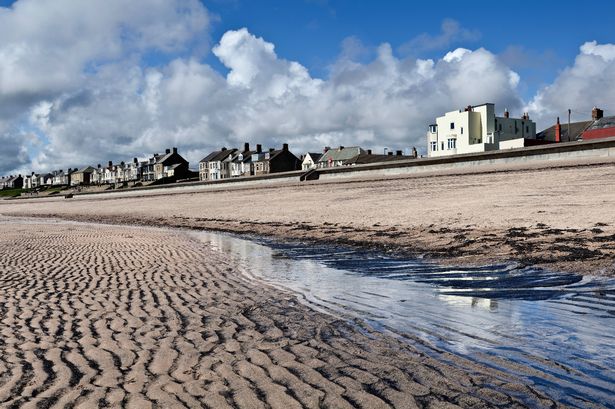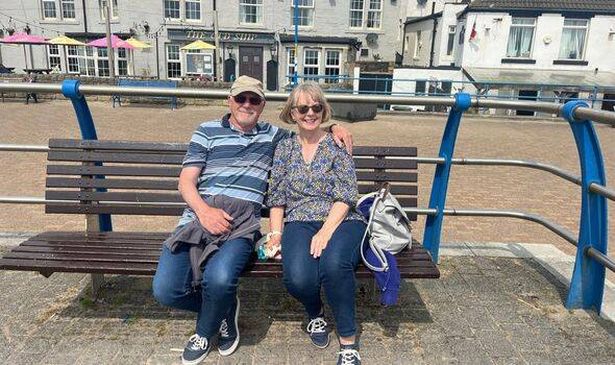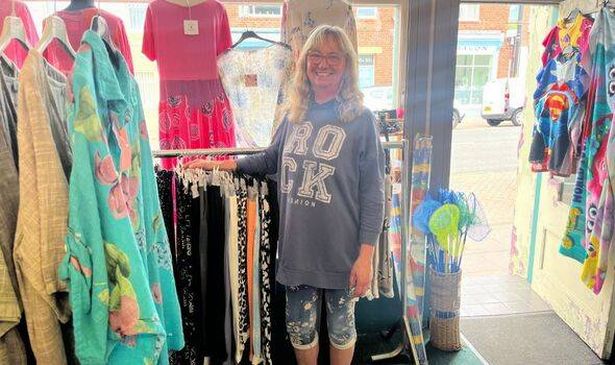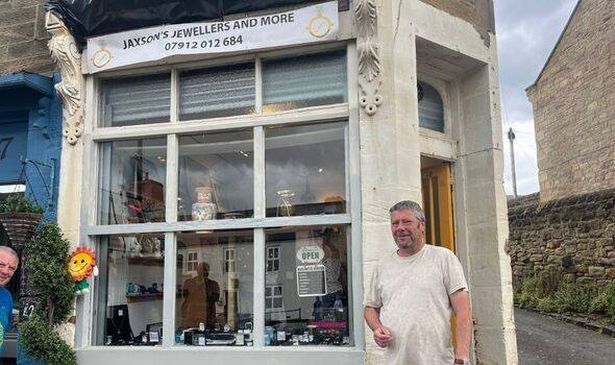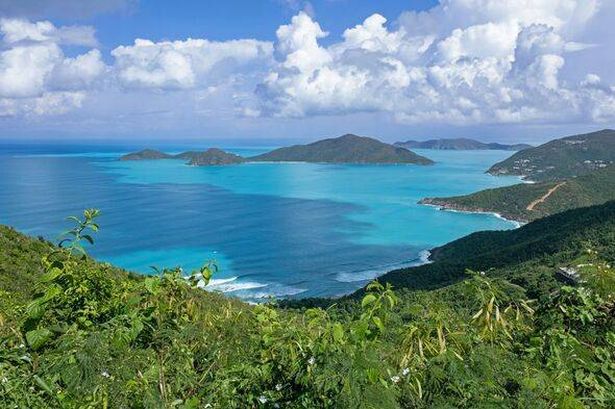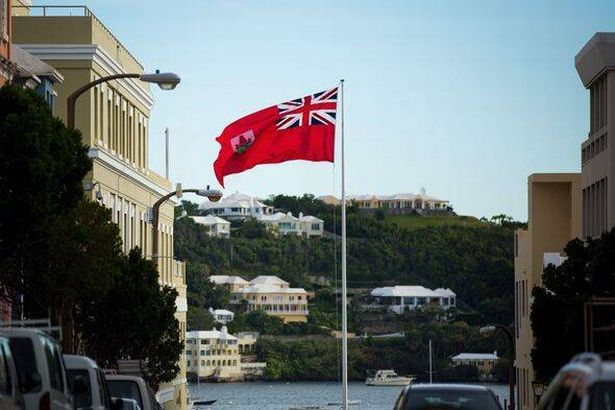When you think of the world’s richest countries, this tiny European country may not immediately come to mind. But booming steel and logistics industries have made this nation a strong financial hub.
When you ponder the world’s richest nations, you might instinctively think of powerhouses like Germany, Dubai and maybe even America.
It’s common to assume that global superpowers would naturally top the list of the richest countries. However, the true answer lies in a petite European nation with a population just north of 650,000.
Luxembourg, known as the financial hub of the globe, outperformed countries such as Qatar and Sweden to claim a top spot on Global Finance’s list of the world’s richest countries last year. A study by Global Finance looked at the Gross Domestic Product purchasing power parity (GDP-PPP) worldwide, and named Luxembourg as one of the wealthiest nations.
READ MORE: ‘I’ve travelled to more than 80 countries and five stand out from the rest’READ MORE: Spain and France go after mega-rich in huge changes to air travel rules
With a GDP per capita of $143,743 in international dollars (approximately £109,820), Luxembourg is more than twice as wealthy as the UK, which has a current GDP per capita of £58,880.
The report also showed that from 2010 to 2024, Luxembourg saw a steady rise in its GDP per capita, consistently ranking near or at the top compared to other rich countries.
This diminutive country, nestled between Germany, France, and Belgium, is renowned for being a financial centre. Home to over 155 banks, this small nation is particularly appealing to foreign investors and has earned a worldwide reputation for being business-friendly.
With robust sectors in tourism, information technology, and logistics, Luxembourg’s GDP punches well above its weight. The country also boasts a thriving steel production industry, providing employment for a significant number of people, reports the Express.
In 2023 alone, Luxembourg brought in $31.6 million (£24.1 million) from its total exports, led by iron products, cars and vehicle parts, gas turbines, and adhesive plastics. Home to ArcelorMittal, the world’s largest steelmaker responsible for eight percent of global steel output, the steel industry still makes up about seven percent of the nation’s economy.
According to Global Finance, Luxembourg splashes its considerable wealth on providing top-notch living standards for its residents, boasting some of the finest housing, healthcare and education in Europe.
Luxembourg isn’t alone as a small yet affluent country making the list – Singapore, San Marino and Switzerland also bagged spots in the top ten. However, the UK didn’t manage to crack the top ten or even the top 20, instead landing at number 31.
